Lotus dealerships will begin selling 'hyper hybrid' versions of its luxury cars as the carmaker shifts from its exclusively electric vehicle strategy due to consumer reticence.
It is the latest in a number of brands which had set out to be at the forefront of the zero emissions vehicle market, in line with governmental policies, but which has now reacted to the slower than expected adoption of EVs globally.
Well into its Vision80 strategy for where Lotus should be by 2027, Lotus now believes its strength in EV technology gives it an advantage with plug-in hybrid technology, and its hybrids will be capable of ultra-fast charging and electric-powered range surpassing current PHEVs, which typically manage 30 to 70 miles per charge before the engine kicks in.
Lotus dealerships will begin selling 'hyper hybrid' versions of its luxury cars as the carmaker shifts from its exclusively electric vehicle strategy due to consumer reticence.
It is the latest in a number of brands which had set out to be at the forefront of the zero emissions vehicle market, in line with governmental policies, but which has now reacted to the slower than expected adoption of EVs globally.
Well into its Vision80 strategy for where Lotus should be by 2027, Lotus now believes its strength in EV technology gives it an advantage with plug-in hybrid technology, and its hybrids will be capable of ultra-fast charging and electric-powered range surpassing current PHEVs, which typically manage 30 to 70 miles per charge before the engine kicks in.
Dan Balmer, the carmaker's new chief executive for Europe, told Automotive Management that the manufacturer is simply "reading the room" in adapting its new car strategy.
"We'll have a multi-powertrain solution in the marketplace, and that's a question of us reading the room, understanding what the customer wants, and being able to react to that demand."
He said that like other carmakers Lotus had taken "a bet" on the EV technology, but sadly in some markets not enough consumers are ready to go electric just yet.
The decision comes after a similar one from Volvo Cars, which is partly owned by China's Geely, which also owns Lotus.
In 2026 Lotus will launch the first 'hyper hybrid' versions of its cars. Balmer wouldn't specify which models, but it is likely to include its 'lifestyle' cars, the Eletre high-performance SUV, for example.
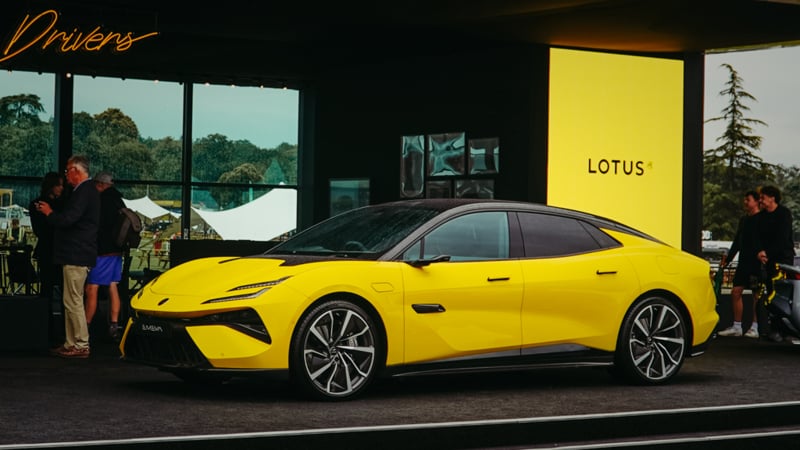 Globally, Lotus will deliver around 12,000 cars in 2024, and under its WIN26 Plan it wants to almost treble this in 2026, building 30,000 new cars that year.
Globally, Lotus will deliver around 12,000 cars in 2024, and under its WIN26 Plan it wants to almost treble this in 2026, building 30,000 new cars that year.
It will be quite a journey for a brand which was selling 1,200 sports cars only a few years ago.
Under the 'Vision80' transformation plan outlined in 2019, following Lotus's acquisition by China's Geely Group, the firm had planned to be selling 100,000 cars annually by the time of its 80th anniversary in 2028.
Launch of Chapman Bespoke
In its fight for profitability, Lotus wants the mix of sales to improve, and it will increase the output of limited edition models and higher margin cars.
A new programme, Chapman Bespoke, named after Lotus founder Colin Chapman, will enable dealerships to tap into the Lotus buyer who wants their own unique vehicle.
There are now 14 Lotus dealerships in the UK, following a network restructure which replaced around 80% of its existing franchisees and brought in the likes of HR Owen and Lithia which have numerous other supercar franchises.
The rollout of a new corporate identity, bringing a premium perception through use of black and yellow colours, is under way.
Overseas markets are a strong growth opportunity for Lotus, which now has 215 sales points globally.
Login to continue reading
Or register with AM-online to keep up to date with the latest UK automotive retail industry news and insight.

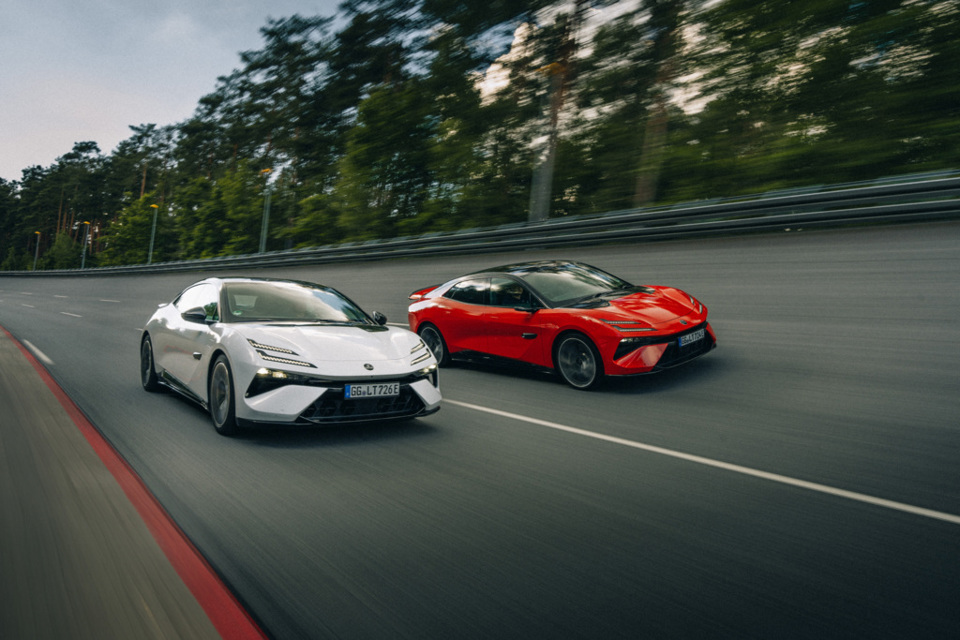




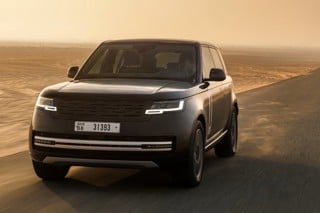
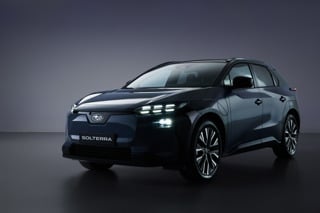
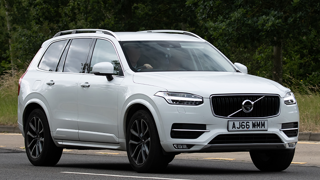
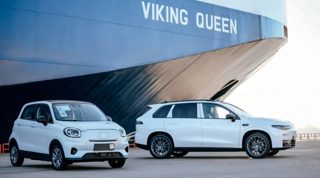













Login to comment
Comments
No comments have been made yet.